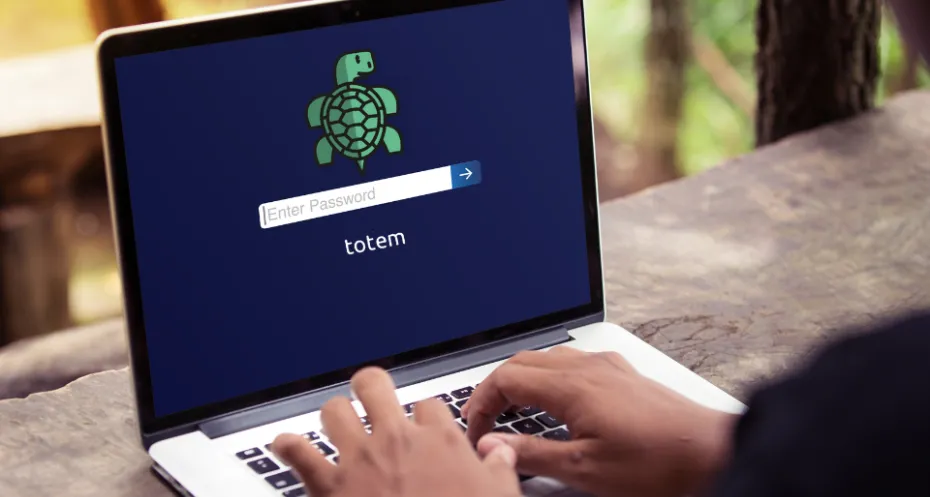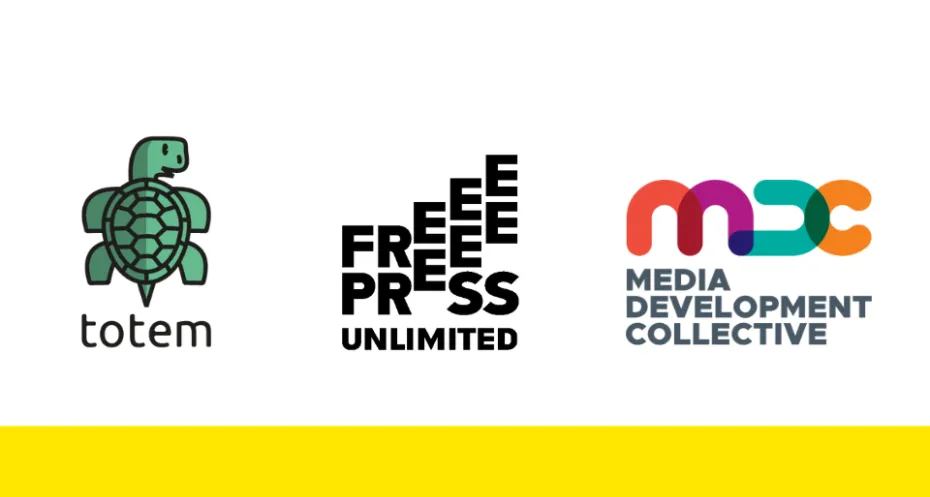How Totem’s courses can help protect journalists against DDoS attacks

DDoS attacks increasingly target journalism outlets, disrupting news dissemination. To combat this threat, journalists can employ strong authentication and security training to safeguard their websites and protect their vital role in providing information to the public. Our online learning platform Totem can help with that.
DDoS attacks have become a growing concern for journalist organizations. In the past, various incidents highlight their impact. In 2020, Al Jazeera experienced a DDoS attack coinciding with the release of a controversial documentary, hinting at a possible political motive. More recently, in August 2023, Daily Maverick, a South African news outlet, had to block internet traffic from India due to a massive DDoS attack following their report on India's Prime Minister Narendra Modi's actions during a diplomatic event.
What is a DDoS attack
A DDoS attack can be described as a traffic jam on a website or online service. Attackers send a massive wave of fake visitors to a website all at once. These aren't real people but computers controlled by the attackers. This flood of fake visitors congests the website, making it slow or completely unresponsive.
Attackers usually have bad intentions, they do this to disrupt the website or service, causing problems for users. Sometimes, they use DDoS as a distraction while they carry out other malicious activities online.
Reasons for attacks on journalists
Journalist organisations and news websites are targeted by DDoS attacks for various reasons:
-
Silencing information: Attackers want to prevent the publication of specific stories or information they find unfavorable. By overwhelming the website with traffic, they can effectively silence the outlet and suppress information.
-
Censorship: Governments or other entities may launch DDoS attacks to censor content they disagree with, blocking access to certain news stories or opinions.
-
Intimidation: DDoS attacks can be used to intimidate journalists and media organisations, especially those covering sensitive or controversial topics, discouraging them from continuing their reporting.
-
Competitive reasons: In the digital age, news outlets compete for online readership and advertising. Unethical competitors may use DDoS attacks to disrupt rivals and gain an advantage.
-
Political or ideological motivations: Groups or individuals with strong political or ideological beliefs may launch DDoS attacks against news outlets they perceive as biased or opposed to their views.
How Totem can help
While DDoS attacks are unpredictable and can affect entire journalist organisations, there are two simple steps journalists can take to help protect against them. One is to use strong authentication methods like multi-factor authentication (MFA). Secondly it is important to invest in security awareness training. Totem has great courses that can help you understand your vulnerabilities and also keep you and your newsroom protected. They are under 90 minutes and are completely free.
These particular courses are recommended to be prepared for and protected against DDoS attacks:



